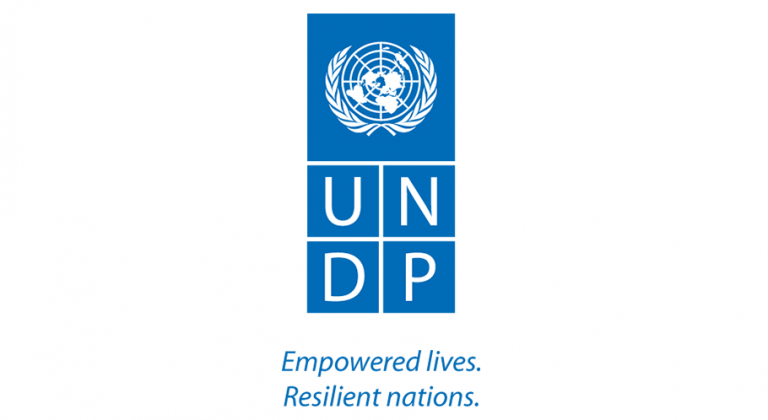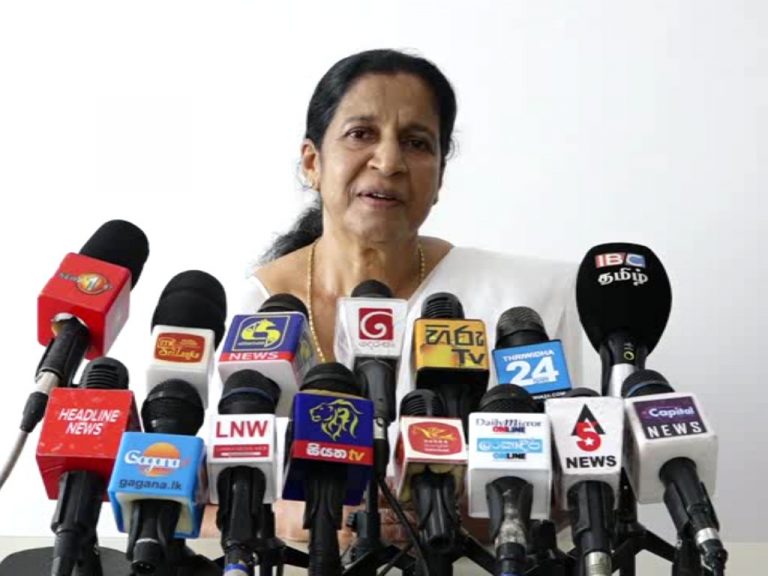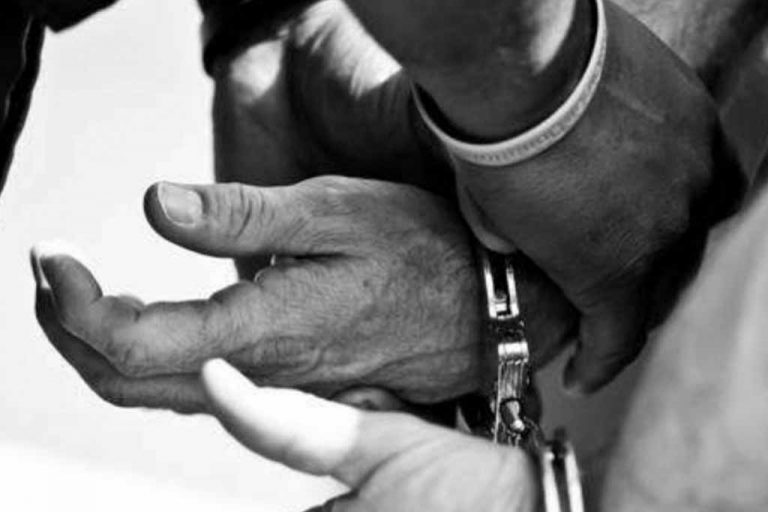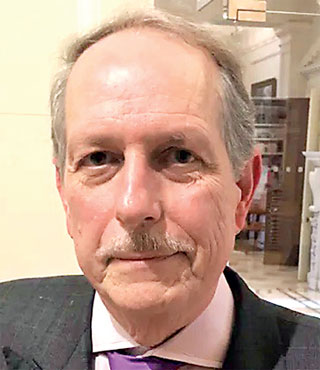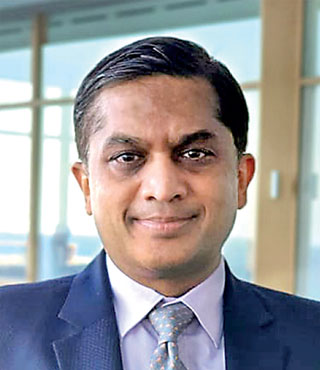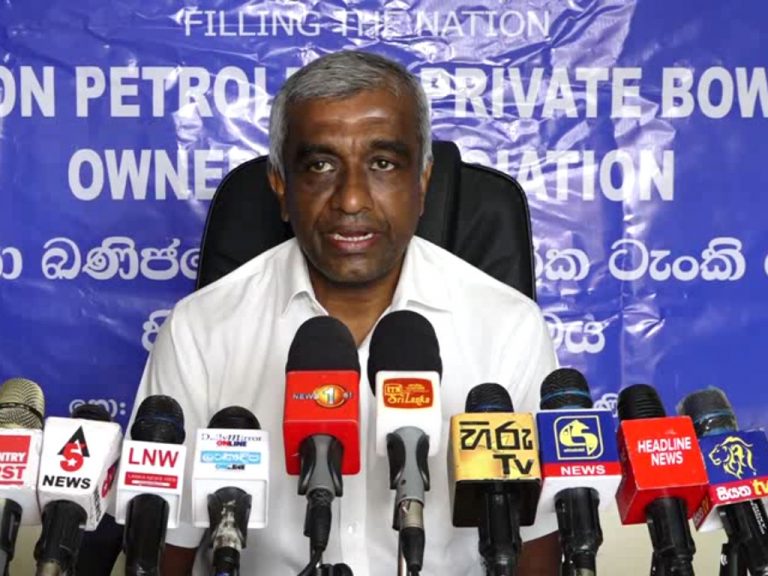Sri Lanka’s business confidence is tumbling on its slippery course, sliding perilously into the unknown – and taking a nation’s hopes along on an unbidden ride,” business magazine LMD reported in its June edition.
LMD said: “So there are no surprises as the LMD-NielsenIQ Business Confidence Index (BCI) stays on its slippery course, sliding a perilous 17 basis points to 99 in May from its lowest level this year of 116 in April.”
The magazine noted, however, that “compared to the same time last year, the barometer of biz confidence is up 10 notches from the 89 it had fallen to on account of the third wave of COVID-19.
It said, the BCI is still uncomfortably below its all-time average of 126 and nine points shy of its 12-month average of 109”.
NielsenIQ Director – Consumer Insights Therica Miyanadeniya remarked: “Both the BCI and the CCI (Consumer Confidence Index) reflect this despairing mood… The prediction of darker days to come hangs over Sri Lanka like the sword of Damocles.”
A spokesperson for LMD said that “there is little light at the end of the tunnel as we hang our hopes on what the newly appointed premier can do, in terms of political and fiscal policy changes.
Support for his plans to arrest the free fall from the local and international communities will also be key in the short term”.
Miyanadeniya concluded that “Sri Lanka desperately needs a miracle to happen to inject life back into a failed nation – but where that miracle will come from is anybody’s guess.”
Media Services, which publishes LMD, said the latest edition of the pioneering magazine will be released shortly, along with its digital version.


